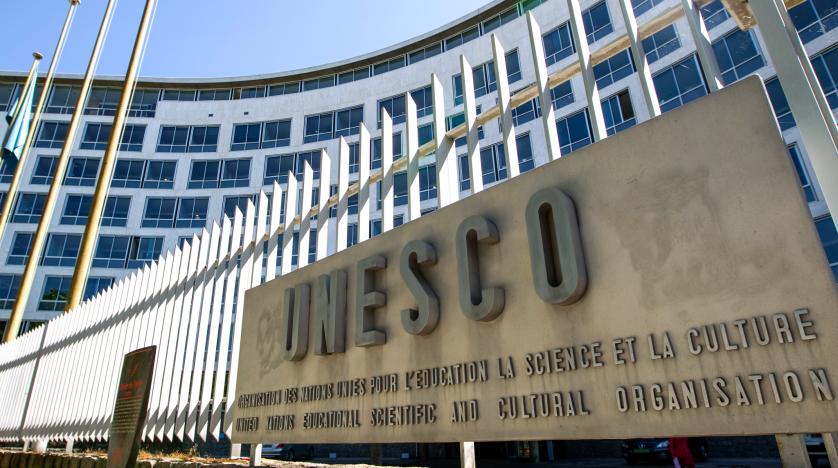
UNESCO is launching a Global Skills Academy aiming to equip one million young persons with employability and resilience skills and help them find jobs during the looming recession when youth employment prospects look bleak.
JOIN US FOR MORE ON:
or
or Follow us on WhatsApp Channel
The organisation unveiled the project, Skills for a Resilient Youth in the Era of COVID-19 and Beyond, on World Youth Skills Day, celebrated on July 15.
Members of UNESCO’s Global Education Coalition, launched in March to support countries in developing inclusive learning solutions, are teaming up to provide youth with opportunities to gain digital skills and other competences through free access to online skills development programmes. Partners’ offers will be pooled within the Global Skills Academy, providing a one-stop access to training opportunities.
Founding partners include Coursera, Dior, Festo, Huawei, IBM, Microsoft, Orange Digital Centres and PIX. International Organisations and partners including ILO, OECD and WorldSkills Competition will also contribute to the project.
The Academy will operate through a matching process facilitated by UNEVOC, UNESCO’s global network for institutions specialised in technical and vocational education and training.
Detailed information about available trainings will be shared with the 250 UNEVOC Centres in more than 160 member states. The centres will identify interested participants and connect them to the coalition members’ training platforms. Outreach to disadvantaged learners will be a priority.
Recommended Guide:
- The Science of Rapid Skill Acquisition: Advanced Methods to Learn, Remember, and Master New Skills
- Dynamics of Skill Acquisition: An Ecological Dynamics Approach
- Dynamics of Skill Acquisition: A Constraints-Led Approach
“The crisis has highlighted the urgency of equipping youth with the right skills to accelerate the transition to more inclusive, sustainable and resilient economies,” said Stefania Giannini, Assistant Director-General for Education at UNESCO. “This requires massive investment in education and skills training and expanded partnerships with employers to narrow the gap between demand for skills and the workplace,” he added.
The impact of the pandemic on both education and employment has been dramatic. Students enrolled in training institutions and apprentices have been particularly affected by closures as they are more dependent on practical training and hardware that is only available in training centres and workplaces.
According to the recent UN Secretary General’s Policy Brief on the “The World of Work and COVID-19”, the young account for more than 40 per cent of people employed in hard-hit sectors worldwide. Even before the crisis hit, 267 million young people were not in employment, education or training.
Skills in such fields as data analytics, cloud computing, artificial intelligence and machine learning are in demand in labour markets around the world, yet many education and training systems lack the capacities needed to prepare youth for employment in these areas.
Reported by The Nation.
